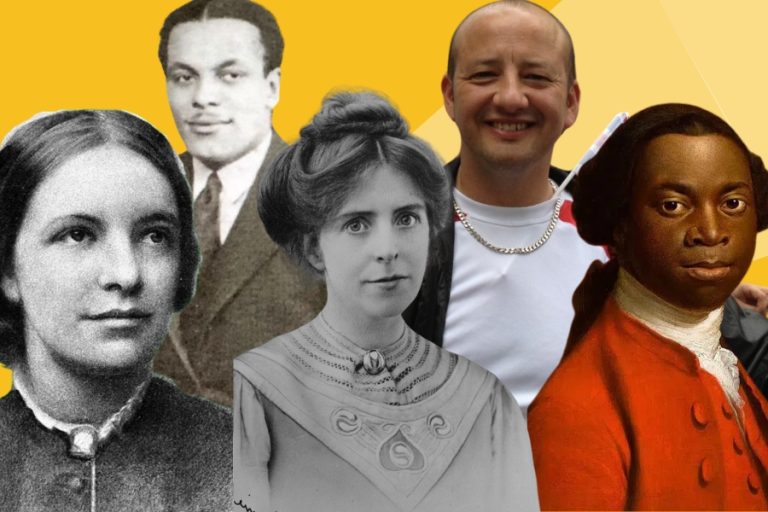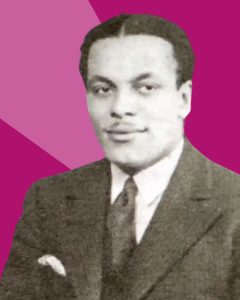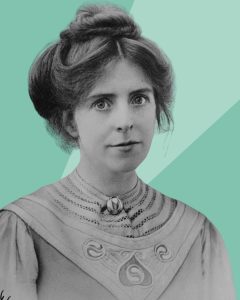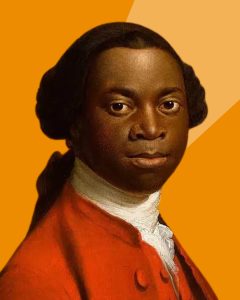This month is LGBT+ History Month 💖
We know how important LGBTQ+ issues are to many of the young people we work with so we want to shine a spotlight on the people featured in the campaign this year.
LGBT+ History Month has now been going for 20 years. This year, the five chosen LGBT+ people have created social change from across the centuries in progressing change for women, the environment, housing, nuclear disarmament, preserving heritage, abolition of the slave trade, and immigration, among many other causes.
 1. Octavia Hill –
1. Octavia Hill –
One of the three founders of the National Trust, Octavia Hill was a pioneering thinker and social reformer. She worked tirelessly to improve urban housing and to protect green spaces and the impact of her life and work is still being felt. Her belief in the importance of access to nature for human wellbeing and the need to stop the destruction of the natural landscape are even more relevant today.
 2. Ivor Cummings –
2. Ivor Cummings –
Ivor Cummings is often known as ‘The gay father of the Windrush generation.’ A senior civil servant – and the only Black official – in the Colonial Office (a predecessor of the Foreign Office), Cummings devoted much of his life to serving Black citizens who’d arrived from the Colonial-era Caribbean and African nations. He was proud of his sexuality at a time when homosexuality was still illegal in the UK.
 3. Annie Kenney –
3. Annie Kenney –
Ann ‘Annie’ Kenney was an English working-class suffragette and socialist feminist who became a leading figure in the Women’s Social and Political Union. She co-founded its first branch in London with Minnie Baldock. Annie was paid £2 a week by the WSPU. In these early days of the militant campaign, Annie demonstrated an ability to carry our daring and high profile stunts, unfurling banners at the Albert Hall, ringing incessantly the bell of the Chancellor of the Exchequer. She was also an effective organiser and a charismatic speaker, drawing both recruits and donors to the cause.
 4. Charlie Kiss –
4. Charlie Kiss –
Charlie was one of 44 women who broke through the fence at dawn on New Year’s Day, 1983, dancing in a circle on top of the missile silos. In 2002, with the love and support of his family and friends, Charlie began the transition to being male. His life became more settled, calm and focused. He was simply happier and more himself. In 2015, Charlie became the first trans man to run for parliament in the UK, standing for the Green party in Islington South & Finsbury. He leaves a legacy to be proud of: more Greens on Islington council, and better support and NHS funding for trans people.
 5. Olaudah Equiano –
5. Olaudah Equiano –
In 1789, a middle-aged African-born man in London published The Interesting Narrative of the Life of Olaudah Equiano, aka Gustavus Vassa, the African, laying the foundations for new genres of literature and new ways of understanding the experiences of enslaved people. In this autobiography, the author, Olaudah Equiano, detailed his life journey from African captivity to Atlantic slavery to British freedom. His book is considered the most famous slave memoir of the 18th century and is a powerful and terrifying read and established Equiano as a founding figure in black literary tradition.
Find out more about LGBT+ History Month here.
 1. Octavia Hill –
1. Octavia Hill – 2. Ivor Cummings –
2. Ivor Cummings – 3. Annie Kenney –
3. Annie Kenney – 4. Charlie Kiss –
4. Charlie Kiss – 5. Olaudah Equiano –
5. Olaudah Equiano –

 2. Ivor Cummings –
2. Ivor Cummings – 3. Annie Kenney –
3. Annie Kenney – 4. Charlie Kiss –
4. Charlie Kiss – 5. Olaudah Equiano –
5. Olaudah Equiano –